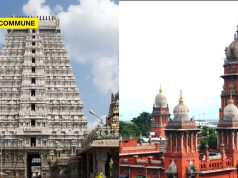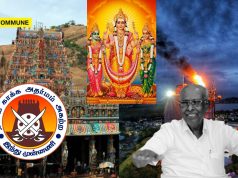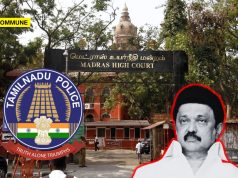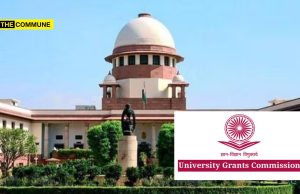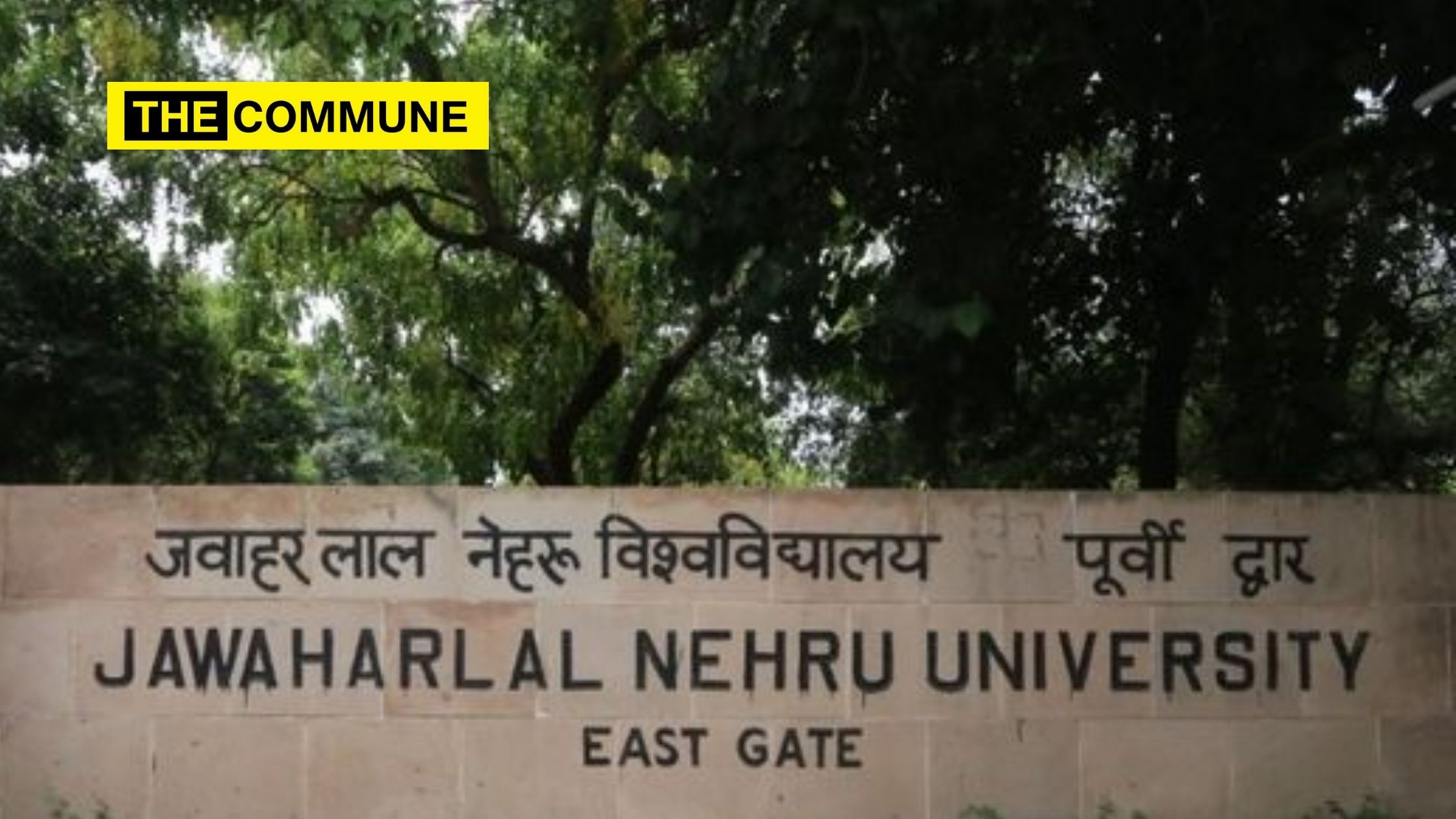
One of India’s premier institutes of higher learning, the Jawaharlal Nehru University‘s Academic Council (AC) has approved an optional course on Counter-Terrorism which has caused heartburn to several leftists and liberals.
The course also asserts that “radical Islamic states” have been influenced by the communist regimes in the erstwhile Soviet Union and China.
The course, titled ‘Counter-Terrorism, Asymmetric Conflicts, and Strategies for Cooperation among Major Powers’, has been cleared on 17 August by the Academic Council of JNU, which also happens to be the university’s highest decision-making body.
Now the council’s clearance for this new course will have to be endorsed by the Executive Council.
The new course will be offered to students pursuing an MS with specialisation in International Relations after a BTech in Engineering, reports Indian Express.
However, JNU Teacher’s Association has alleged that they were not part of the discussion and were not allowed in the Academic Council meeting in which the course was okayed.
The new course’s modules, titled ‘Fundamentalist-religious Terrorism and its Impact’, states: “Fundamentalist – religious-inspired terrorism has played a very critical and dominant role in the spawning of terrorist violence in the beginning of the 21st century. The perverse interpretation of the Koran has resulted in the rapid proliferation of a jihadi cultist violence that glorifies death by terror in suicidal and homicidal variants.”
It further adds that the exploitation of cyberspace by the “radical Islamic religious clerics has resulted in the electronic propagation of jihadi terrorism world over. Online electronic dissemination of Jihadi terrorism has resulted in the spurt of violence in non-Islamic societies that are secular and are now increasingly vulnerable to the violence that (is) on the increase.”
Another module of the new course, titled ‘State-sponsored Terrorism: It’s Influence and Impact’, refers to the state-sponsored terrorism by communist regimes such as the erstwhile Soviet Union and China.
“Terrorism has always a geographical base and support havens for its operations. State-sponsored terrorism has been largely during the ideological war between the West and the Soviet Union and China. The Soviet Union and China have been predominant state-sponsors of terrorism and they have been heavily involved in terms of their intelligence agencies training, aiding and providing logistical support to Communist ultras and terrorists,” the module states.
“In the post-Cold War period, the trend has been well adapted by several radical Islamic states that have mirrored the earlier tactical strategies of the Communist powers and have continued to aid and arm the various terrorist groups,” it states.
The course has been designed by Arvind Kumar, chairperson of the Centre for Canadian, US, and Latin American Studies. However, some quarters of the academia and press have raised a concern that the reference of only one religion in the module on “fundamentalist-religious terrorism” is singling out one particular religion, to which Kumar said it was “because Islamic terrorism is a world-accepted thing. After the Taliban, it has gained momentum now.”
The senior academic also defended the reference of the Soviet Union and China as “predominant state-sponsors of terrorism” and added that it was very difficult to define state-sponsored terrorism. “We have to find evidence for it and only then we can include it,” Kumar was quoted as saying.
Click here to subscribe to The Commune on Telegram and get the best stories of the day delivered to you personally.

